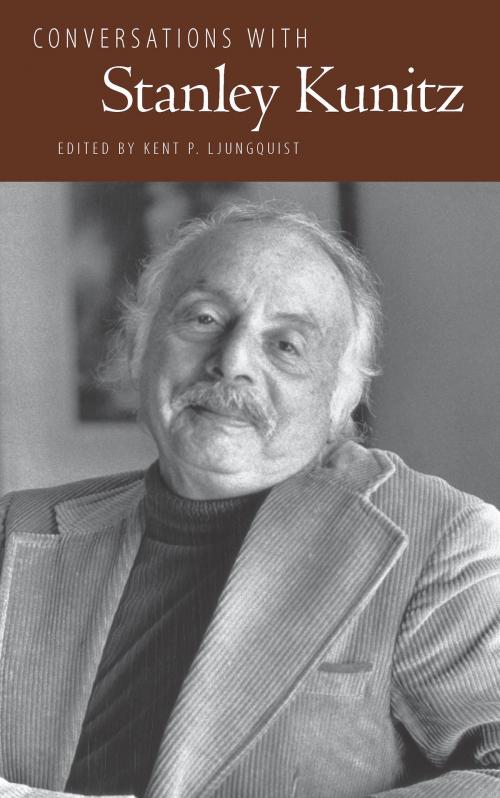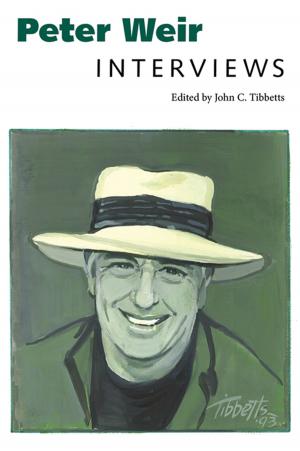Conversations with Stanley Kunitz
Fiction & Literature, Literary Theory & Criticism, Poetry History & Criticism, Nonfiction, Entertainment, Drama, Anthologies, Biography & Memoir, Literary| Author: | ISBN: | 9781628468106 | |
| Publisher: | University Press of Mississippi | Publication: | November 18, 2013 |
| Imprint: | University Press of Mississippi | Language: | English |
| Author: | |
| ISBN: | 9781628468106 |
| Publisher: | University Press of Mississippi |
| Publication: | November 18, 2013 |
| Imprint: | University Press of Mississippi |
| Language: | English |
"He again tops the crowd--he surpasses himself, the old iron brought to the white heat of simplicity." That's what Robert Lowell said of the poetry of Stanley Kunitz (1905-2006) and his evolving artistry. The interviews and conversations contained in this volume derive from four decades of Kunitz's distinguished career. They touch on aesthetic motifs in his poetry, the roots of his work, his friendships in the sister arts of painting and sculpture, his interactions with Lowell and Theodore Roethke, and his comments on a host of poets: John Keats, Walt Whitman, Randall Jarrell, Wallace Stevens, and Anna Akhmatova.
Kunitz emerged from a mid-sized industrial town in central Massachusetts, surviving family tragedy and a sense of personal isolation and loneliness, to become an eloquent spokesman for poetry and for the power of the human imagination. Kunitz has commented, "If we want to know what it felt like to be alive at any given moment in the long odyssey of the race, it is to poetry we must turn." His own odyssey from "metaphysical loneliness" to a sense of community with fellow writers and artists--by building institutions like Poets House and the Fine Arts Work Center in Provincetown, Massachusetts--is ever present in these interviews.
"He again tops the crowd--he surpasses himself, the old iron brought to the white heat of simplicity." That's what Robert Lowell said of the poetry of Stanley Kunitz (1905-2006) and his evolving artistry. The interviews and conversations contained in this volume derive from four decades of Kunitz's distinguished career. They touch on aesthetic motifs in his poetry, the roots of his work, his friendships in the sister arts of painting and sculpture, his interactions with Lowell and Theodore Roethke, and his comments on a host of poets: John Keats, Walt Whitman, Randall Jarrell, Wallace Stevens, and Anna Akhmatova.
Kunitz emerged from a mid-sized industrial town in central Massachusetts, surviving family tragedy and a sense of personal isolation and loneliness, to become an eloquent spokesman for poetry and for the power of the human imagination. Kunitz has commented, "If we want to know what it felt like to be alive at any given moment in the long odyssey of the race, it is to poetry we must turn." His own odyssey from "metaphysical loneliness" to a sense of community with fellow writers and artists--by building institutions like Poets House and the Fine Arts Work Center in Provincetown, Massachusetts--is ever present in these interviews.















